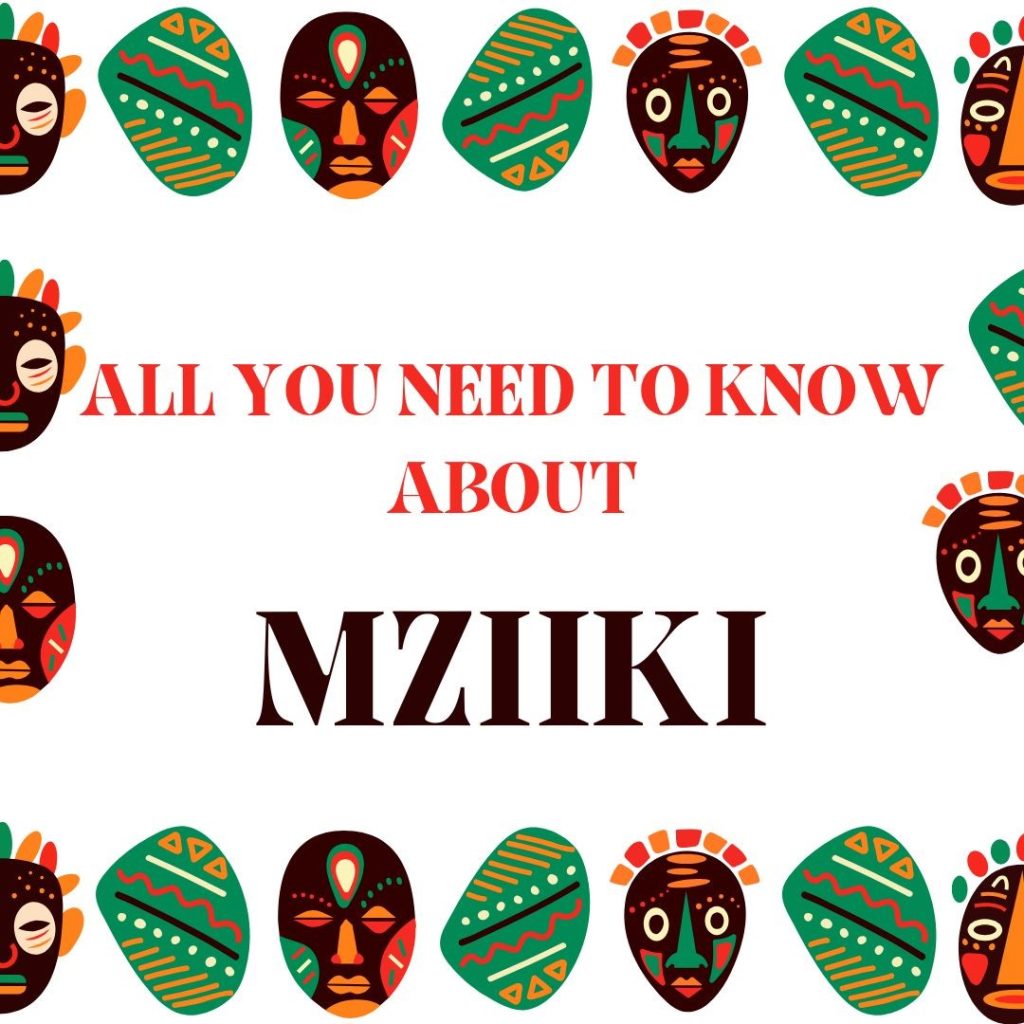INTRODUCTION
Mziiki, a music-streaming app launched in 2014, entered the African market with the ambitious goal of revolutionizing access to local and international music. Developed by Spice VAS Africa, Mziiki sought to address the growing demand for digital music in a continent with diverse cultures, a vibrant music scene, and increasing smartphone penetration. Despite these promising conditions, Mziiki struggled with monetization and user adoption, ultimately failing to establish a significant foothold in South Africa’s competitive market. This article explores the reasons behind Mziiki’s challenges, examining its business model, market positioning, and external competition.
MZIIKI’S VISION: A PAN-AFRICAN MUSIC PLATFORM
Mziiki aimed to provide African users with a unique music-streaming experience by curating local and international songs, accommodating multiple languages, and offering offline playback. Its library included content from various African genres such as Afrobeats, Kwaito, and Gqom, as well as popular global hits. The app’s design catered to the needs of African users, featuring low data usage and compatibility with basic smartphones.
In addition, Mziiki adopted a multi-platform approach, allowing users to stream music via its mobile app, web browser, and even through social media integrations like WhatsApp. These innovations positioned Mziiki as a pioneer in tapping into Africa’s nascent music-streaming ecosystem.
CHALLENGES IN MONETIZATION
Mziiki’s primary business model was freemium, offering free streaming supported by ads, with the option to subscribe for an ad-free experience and premium features. However, this model faced several obstacles:
Low Willingness to Pay
A significant proportion of South African users were unwilling to pay for music streaming. This reluctance stemmed from a combination of limited disposable income, the availability of free alternatives (both legal and pirated), and the relatively low perceived value of digital music subscriptions.
Inadequate Ad Revenue
The free tier relied heavily on advertising revenue, but Mziiki struggled to attract sufficient ad spend. South Africa’s digital advertising market, while growing, was not yet robust enough to sustain such platforms. Advertisers preferred established platforms like YouTube and Facebook, leaving Mziiki at a disadvantage.
Payment Infrastructure Gaps
Monetization was further hindered by the lack of seamless payment options. Many users lacked credit cards or access to mobile payment systems compatible with Mziiki, limiting the app’s ability to convert free users into paying subscribers.
High Licensing Costs
Licensing music from local and international artists was costly, particularly as Mziiki sought to maintain a comprehensive and competitive library. These expenses placed additional pressure on the platform’s revenue streams, making profitability elusive.
USER ADOPTION: STRUGGLES AND MISSED OPPORTUNITIES
Mziiki’s vision of becoming Africa’s go-to music-streaming app was undermined by several adoption challenges:
Limited Brand Visibility
Unlike global competitors such as Spotify and Apple Music, Mziiki lacked significant marketing resources to build brand awareness. Its promotional efforts were limited, and it struggled to compete with the aggressive marketing campaigns of international players.
Competition with Global Giants
The entry of global platforms like Spotify, Deezer, and Apple Music into the South African market intensified competition. These platforms brought extensive libraries, sophisticated algorithms, and strong brand recognition, drawing users away from Mziiki.
Piracy and Free Alternatives
Music piracy remained a major issue in South Africa, with users downloading songs from illegal websites or relying on free platforms like YouTube. Mziiki’s freemium model could not effectively compete with these entirely free alternatives.
Technical Limitations
While Mziiki was optimized for low data usage, its performance on low-end devices was often inconsistent. Users also reported technical glitches, such as app crashes and slow streaming speeds, which undermined their experience and deterred retention.
Limited Differentiation
Despite its focus on African music, Mziiki failed to significantly differentiate itself from competitors. Global platforms also included African music in their catalogs, often with better curation and user experience, reducing Mziiki’s unique appeal.
THE IMPACT OF MARKET CONDITIONS
South Africa’s broader economic and technological landscape also played a role in Mziiki’s struggles. While smartphone penetration was increasing, it remained uneven across demographics, limiting Mziiki’s potential user base. Data costs were also high, deterring streaming among users with limited budgets.
Additionally, the cultural diversity of South Africa, while an opportunity, posed challenges for a single platform to cater to varied tastes and preferences effectively. Mziiki’s inability to address this diversity with personalized recommendations and localized marketing further hindered its growth.
MZIIKI’S DECLINE
By 2017, Mziiki had become a marginal player in the South African market. Its user base stagnated, and its financial model proved unsustainable. The platform’s inability to secure additional funding or pivot effectively led to its decline. Although Mziiki continues to operate in some capacity, its relevance has diminished significantly, overshadowed by both global giants and emerging regional players.
LESSONS FROM MZIIKI’S STRUGGLES
Mziiki’s journey highlights critical lessons for digital music platforms in Africa:
Understanding Market Realities
Monetization strategies must align with local economic conditions. Platforms need to explore innovative revenue models, such as partnerships with telecom operators for bundled data and subscription plans.
Building a Strong Brand
Competing with global platforms requires substantial investment in marketing and user education. Platforms must also leverage unique value propositions, such as exclusive content or hyper-localized services, to stand out.
Addressing Piracy
Combating piracy requires collaboration with regulators, artists, and industry stakeholders to provide affordable and legal alternatives that appeal to users.
Adapting to Technology
Ensuring a seamless and reliable user experience across devices is crucial for adoption and retention, especially in regions with varying levels of technological sophistication.
CONCLUSION
Mziiki’s struggles with monetization and user adoption reflect the challenges of operating in South Africa’s competitive and economically constrained music-streaming market. While its vision of promoting African music was commendable, the platform’s execution fell short in key areas, including branding, monetization, and user experience. As global players continue to dominate, the lessons from Mziiki’s experience remain relevant for emerging platforms seeking to navigate the complexities of Africa’s digital music ecosystem.

